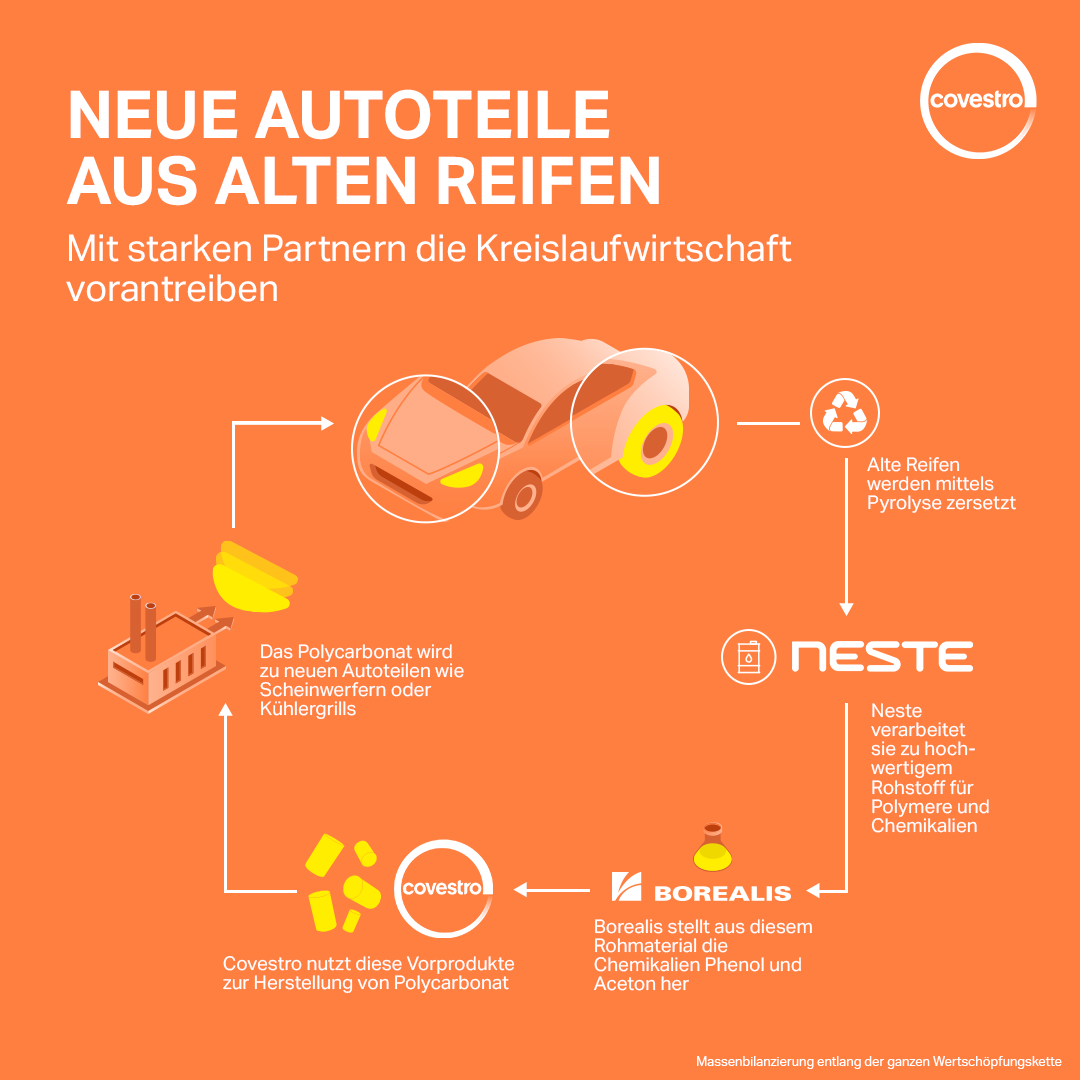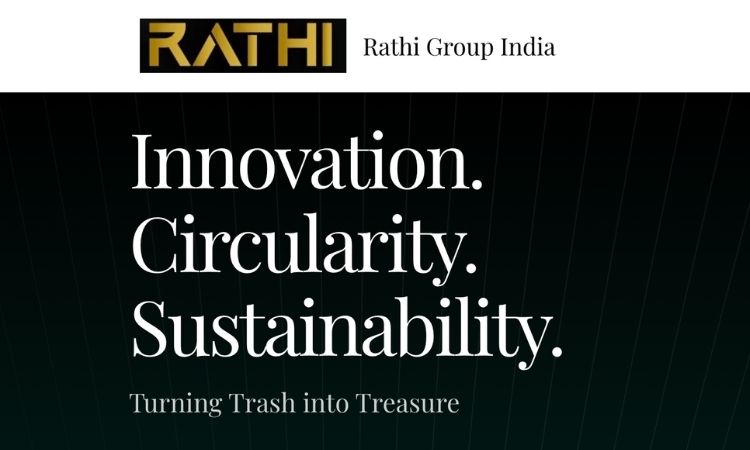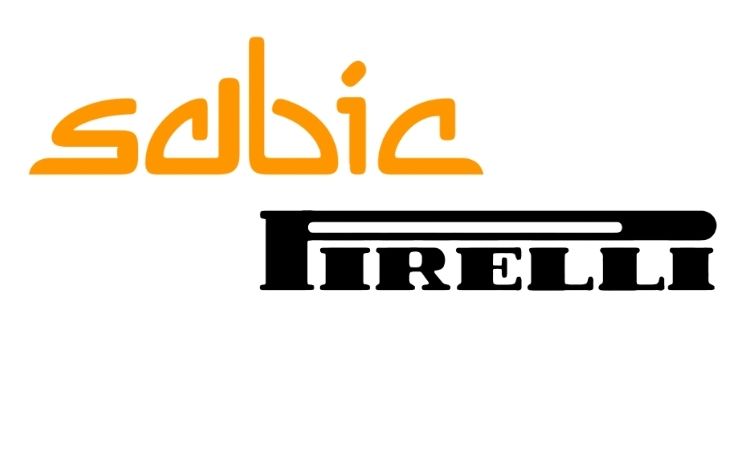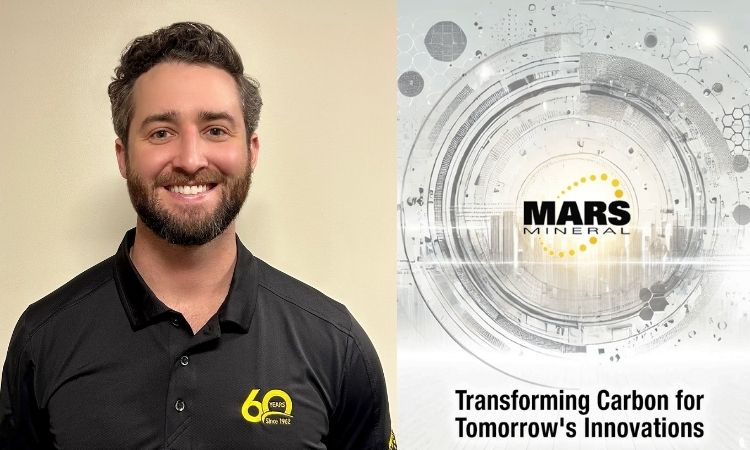Neste, Borealis and Covestro partner to close the loop for automotive industry
Neste, Borealis and Covestro have signed a project agreement to enable the recycling of discarded tires into high-quality plastics for automotive applications. The collaboration aims at driving circularity in plastics value chains and the automotive industry. When no longer fit for use, tires are liquefied by means of chemical recycling and then processed into base chemicals and further into polycarbonates of high purity. These can then be used in various automotive applications, from parts of headlamps to radiator grilles.
“Circularity requires cooperation, and this cooperation with our partners Neste and Borealis is testament to the possibilities at our disposal,” says Guido Naberfeld, Senior Vice President, Head of Sales and Market Development Mobility at Covestro. “We are creating options to turn discarded materials from cars into new car parts again. With that, we are supporting our automotive customers and addressing an increasingly prominent question discussed across the value chain: How to match high-performance materials with recycled content? Projects like this can be the answer.”
As part of the collaboration, Neste turns liquefied discarded tires into a high-quality raw material for polymers and chemicals manufacturing and supplies it to Borealis. Borealis will then process the Neste-produced raw material into base chemicals phenol and acetone, which are supplied to Covestro. Covestro can use these materials to make polycarbonates. The share of recycled content is attributed via the mass balancing approach all the way to the final products using ISCC Plus certification.

Neste, Borealis and Covestro automotive circularity project infographic (DE). | Image by Covestro.
The first products based on the collaboration are already available as each party has manufactured the first batch of their respective contribution to the project. Aside from polycarbonates, the project partners may also consider polyurethanes as a possible end product, which could also find its way into parts of the interior of a car. The companies emphasize that the potential to scale-up these types of developments should be considered when setting ambitious targets for future EU regulations, such as the End-of-Life Vehicles Regulation.
“We are demonstrating the importance of value chain cooperation to give new value to waste,” says Thomas Van De Velde, Senior Vice President Base Chemicals at Borealis. “We are proud that Borealis, in collaboration with Neste, is able to play a role in this project, providing more sustainable solutions for polymer applications for Covestro and its customers.”
“This project can serve as a blueprint when it comes to establishing circularity in the field of plastics in cars,” says Jeroen Verhoeven, Vice President Value Chain Development for polymers and chemicals at Neste. “It shows how low-quality waste materials can be turned into very high-quality plastics. This is good news for the polymers and automotive industries as well as for the environment.”
The collaboration will be presented during the PIAE in Mannheim, Germany on June 19-20, 2024. An infographic with further details on the value chain can be downloaded below from the press release attachments.
Neste in brief
Neste (NESTE, Nasdaq Helsinki) uses science and innovative technology to transform waste and other resources into renewable fuels and circular raw materials. The company creates solutions for combating climate change and accelerating a shift to a circular economy. Being the world’s leading producer of sustainable aviation fuel (SAF) and renewable diesel and a forerunner in developing renewable and circular feedstock solutions, the company aims to help its customers to reduce their greenhouse gas emissions by at least 20 million tons annually by 2030.
The company’s ambition is to make the Porvoo oil refinery in Finland the most sustainable refinery in Europe. Neste is committed to reaching carbon-neutral production by 2035, and will reduce the carbon emission intensity of sold products by 50% by 2040. Neste has also set high standards for biodiversity, human rights and the supply chain. The company has consistently been included in the CDP and the Global 100 lists of the world’s most sustainable companies. In 2023, Neste's revenue stood at EUR 22.9 billion.
Borealis in brief
Borealis is one of the world’s leading providers of advanced and sustainable polyolefin solutions. In Europe, Borealis is also an innovative leader in polyolefins recycling and a major producer of base chemicals. We leverage our polymer expertise and decades of experience to offer value-adding, innovative and circular material solutions for key industries such as consumer products, energy, healthcare, infrastructure and mobility.
With customers in over 120 countries and head office in Vienna, Austria, Borealis employs around 6,000 people. In 2023, we generated a net profit of EUR 216 million. OMV, the integrated energy, fuels & feedstock and chemicals & materials company headquartered in Vienna, Austria, owns 75% of our shares. The Abu Dhabi National Oil Company (ADNOC), based in the United Arab Emirates (UAE), owns the remaining 25%.
In re-inventing essentials for sustainable living, we build on our commitment to safety, our people, innovation and technology, and performance excellence. We are accelerating the transformation to a circular economy of polyolefins and expanding our geographical footprint to better serve our customers around the globe. Our operations are augmented by two important joint ventures: Borouge (with ADNOC, headquartered in the UAE); and Baystar™ (with TotalEnergies, based in the US).
Covestro in brief
Covestro is one of the world’s leading manufacturers of high-quality polymer materials and their components. With its innovative products, processes and methods, the company helps enhance sustainability and the quality of life in many areas. Covestro supplies customers around the world in key industries such as mobility, building and living, as well as the electrical and electronics sector. In addition, polymers from Covestro are also used in sectors such as sports and leisure, telecommunications and health, as well as in the chemical industry itself.
The company is committed to becoming fully circular. In addition, Covestro aims to achieve climate neutrality for its Scope 1 and Scope 2 emissions by 2035, and the Group’s Scope 3 emissions are also set to be climate neutral by 2050. Covestro generated sales of EUR 14.4 billion in fiscal 2023. At the end of 2023, the company had 48 production sites worldwide and employed approximately 17,500 people (calculated as full-time equivalents).
Weibold is an international consulting company specializing exclusively in end-of-life tire recycling and pyrolysis. Since 1999, we have helped companies grow and build profitable businesses.









